

2019-05-13 12:38:00 Mon ET
stock market gold oil stock return s&p 500 asset market stabilization asset price fluctuations stocks bonds currencies commodities funds term spreads credit spreads fair value spreads asset investments
Brent crude oil prices spike to $70-$75 per barrel after the Trump administration stops waiving economic sanctions on Iranian oil exports. U.S. State Secretary Mike Pompeo announces that the U.S. no longer grants the core waivers to China, India, Japan, South Korea, and Turkey etc as of May 2019. This strategic move threatens to wipe off almost $1 million barrels of international crude oil per day. In response, oil prices surge to their highest levels since November 2018. Middle East countries such as Saudi Arabia and United Arab Emirates agree to make up for lost oil supply from Iran. Key oil price gyrations are likely to continue in 2019-2020, and crude oil futures forecast the upper range of $80-$95 per barrel. Oil price hikes can translate into higher profit margins for OPEC countries, especially Saudi Arabia and United Arab Emirates.
This upward oil price trend improves the economic prospects of Saudi Aramco in the next biggest IPO lock-up period. In the grand scheme, the American national security strategists trade off temporary oil price fluctuations with more draconian economic sanctions on the nuclear nation Iran. This containment strategy helps successfully isolate Iran to the detriment of oil-dependent economies worldwide.
If any of our AYA Analytica financial health memos (FHM), blog posts, ebooks, newsletters, and notifications etc, or any other form of online content curation, involves potential copyright concerns, please feel free to contact us at service@ayafintech.network so that we can remove relevant content in response to any such request within a reasonable time frame.
2017-02-25 06:44:00 Saturday ET
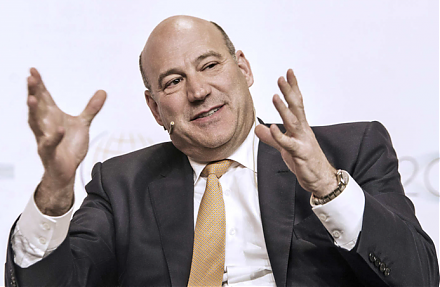
As the White House economic director, Gary Cohn suggests that the Trump administration will tackle tax cuts after the administration *repeals and replaces*
2018-09-30 14:34:00 Sunday ET
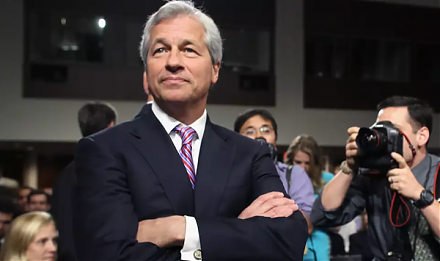
Goldman, JPMorgan, Bank of America, Credit Suisse, Morgan Stanley, and UBS face an antitrust lawsuit. In this lawsuit, a U.S. judge alleges the illegal cons
2019-10-25 07:49:00 Friday ET
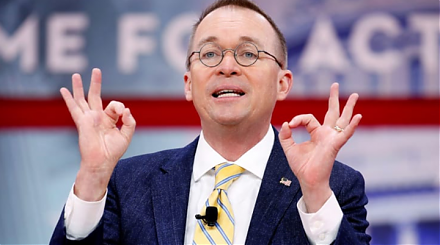
U.S. fiscal budget deficit hits $1 trillion or the highest level in 7 years. The current U.S. Treasury fiscal budget deficit rises from $779 billion to $1.0
2017-11-29 07:42:00 Wednesday ET
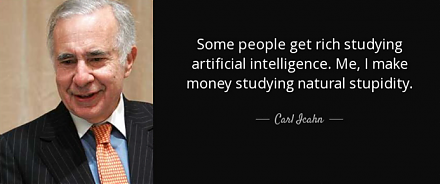
The octogenarian billionaire and activist investor Carl Icahn mulls over steps to shake up the board of SandRidge Energy after the oil-and-gas company adopt
2019-12-01 10:31:00 Sunday ET
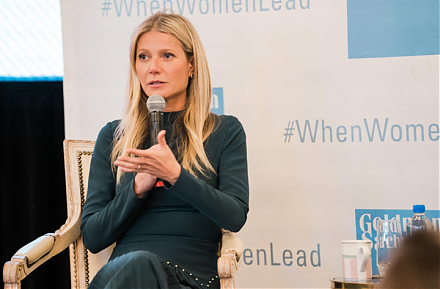
Goop Founder and CEO Gwyneth Paltrow serves as a great inspiration for female entrepreneurs. Paltrow designs Goop as an online newsletter, and this newslett
2020-06-03 09:31:00 Wednesday ET
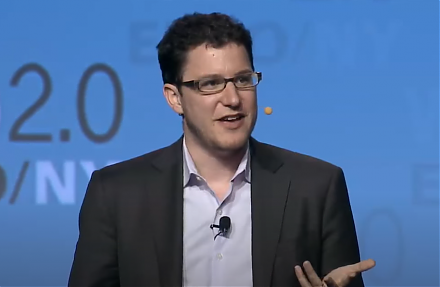
Lean enterprises often try to incubate disruptive innovations with iterative continuous improvements and inventions over time. Trevor Owens and Obie Fern